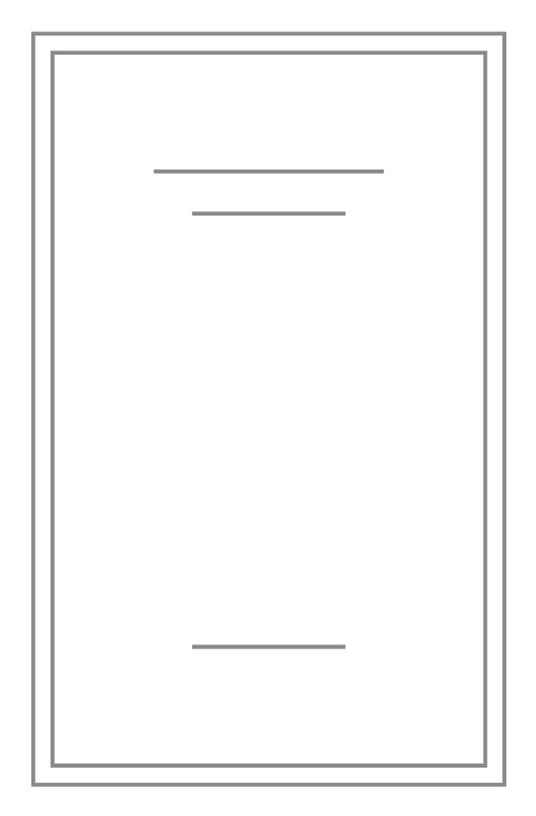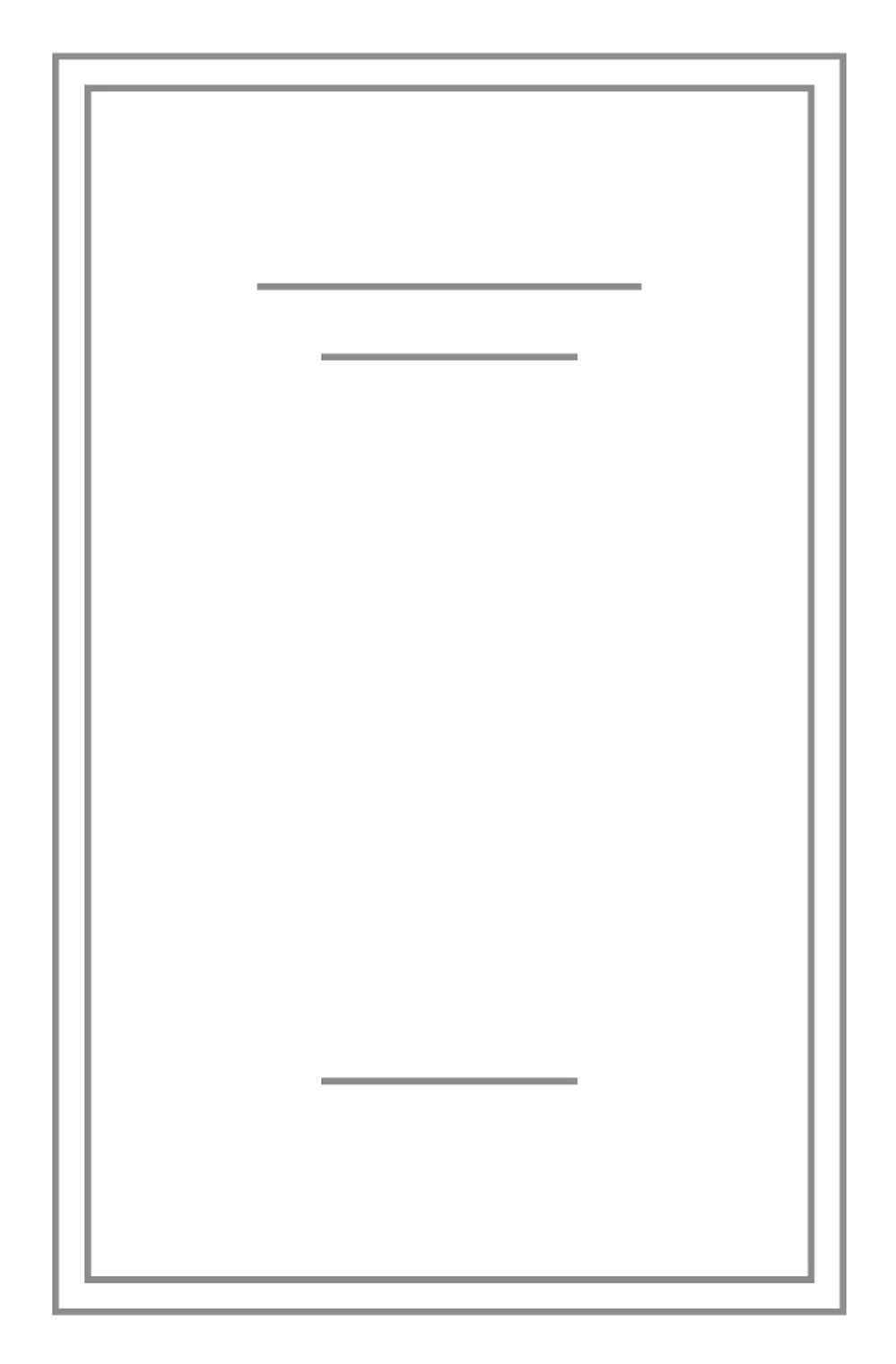Our Knives Will Save Us
From Indigenous chef Nephi Craig, a searing personal and cultural reckoning about the power of food to heal intergenerational wounds When Nephi Craig enrolled in the culinary program at Scottsdale Community College, it was out of necessity after a felony arrest led to a judge’s ultimatum: work or prison. Expecting little more than a means to an end, he quickly discovered a talent and passion for cooking. He also experienced a profound dissonance as the only Indigenous person in the kitchen, preparing European recipes that—disguised by their French and Italian names—relied on ingredients native to the Americas. This experience, along with his roaming childhood on the White Mountain Apache and Navajo reservations, led him to trace the buried histories of Indigenous cultivars such as tomato, cacao, and amaranth, each one a portal into possibility as well as a marker of the violent legacy of colonization. Craig’s mission to build Indigenous food sovereignty and to showcase Native peoples’ rich cuisines led him around the world, from top fine-dining restaurants in the United States to high-profile banquets in Brazil, England, Germany, and Japan. All the while, though, Craig wrestled with addiction, entering one treatment center after another in the hopes that he could get—and remain—sober. In the heat, frenzy, and collaborative energy of restaurant kitchens, Craig found a lifeline. But when he was faced with the difficult decision of choosing between a career-defining executive chef job and an opportunity to serve his community back on the Rez, he realized his true vocation. Interweaving personal reflection with searing cultural insight, Craig lays bare the ongoing traumas wrought by colonial violence as well as the power in claiming our own ancestral intelligence. His book offers a vision of hope: one where food is decolonized, history is honored, and healing is possible. Interweaving personal reflection with searing cultural insight, Craig lays bare the ongoing traumas wrought by colonial violence, from systemic poverty and poor mental health to addiction and suicide within Native communities. At the same time, he offers a vision of hope: one where food is decolonized, history is honored, and healing is possible.
-
Autore:
-
Durata in (hh:mm:ss):11:00:00
-
Anno edizione:2026
-
Editore:
Formato:
Gli Audiolibri venduti dal nostro sito sono in formato MP3 e protetti da un DRM proprietario Kobo.
Compatibilità:
Gli Audiolibri venduti dal nostro sito possono essere ascoltati sul tuo smartphone o tablet tramite la APP gratuita Kobo Books scaricabile da iOS o Android. Gli Audiolibri non possono essere scaricati in locale o trasferiti su un client di ascolto diverso da quello fornito tramite Kobo. Non è possibile ascoltare gli audiolibri con la Kobo APP Desktop. Puoi ascoltare gli Audiolibri tramite determinati eReader Kobo, utilizzando cuffie o casse con Bluetooth. Visita la pagina degli eReader per avere maggiori dettagli.
Cloud:
Gli Audiolibri venduti singolarmente dal nostro sito sono immediatamente sincronizzati sul tuo account personale in automatico. Successivamente all'acquisto, sono subito disponibili all'ascolto tramite i client di lettura Kobo compatibili.
Clicca qui servissero ulteriori informazioni



